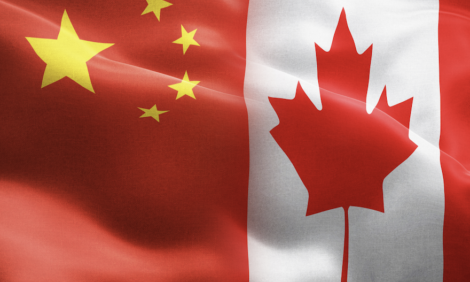



Idaho Regains Brucellosis-Free Status
IDAHO - Proactive cooperation between the cattle industry and state agencies this week gave Idaho back its brucellosis-free status, something state officials weren't expecting to see until September.The status change was announced in the Federal Register as an interim rule, according to a statement released today by Gov. C.L. "Butch" Otter. The interim rule came from the USDA - Animal Plant Health Inspection Service.
"It's obvious that contact between elk and cattle on winter feeding lines was the big problem, so we're working together to keep them separated."
Greg Ledbetter, state veterinarian with the Idaho State Department of Agriculture.
"We're very excited," said Greg Ledbetter, state veterinarian with the Idaho State Department of Agriculture. "This came through sooner than we thought, but we've done a lot of work to achieve this, too."
Brucellosis is a bacterial disease that can cause spontaneous abortions, infertility, decreased milk production and weight loss in cattle, elk, bison and other mammals. It is rarely transmitted to humans.
Cattlemen are also delighted that Idaho regained brucellosis-free status, said Jeff Faulkner, president of the Idaho Cattle Association.
"I have pasture permits and haul cattle to California every winter. Our not being officially brucellosis free meant I had to test 950 head last fall. That cost me $4.50 per head, a huge expense," Faulkner said. "A lot of other guys ship cattle out of state for pasture or sale. They'll also see a huge savings."
The work was a cooperative effort with ranchers, ISDA and the Idaho Department of Fish and Game, he said.
"We lost our brucellosis-free status after finding cattle that tested positive for it in two herds in the last five years, in 2002 and again in 2005," Ledbetter said. "In both cases, the domestic livestock contracted the disease from infected wild elk. It's obvious that contact between elk and cattle on winter feeding lines was the big problem, so we're working together to keep them separated."


